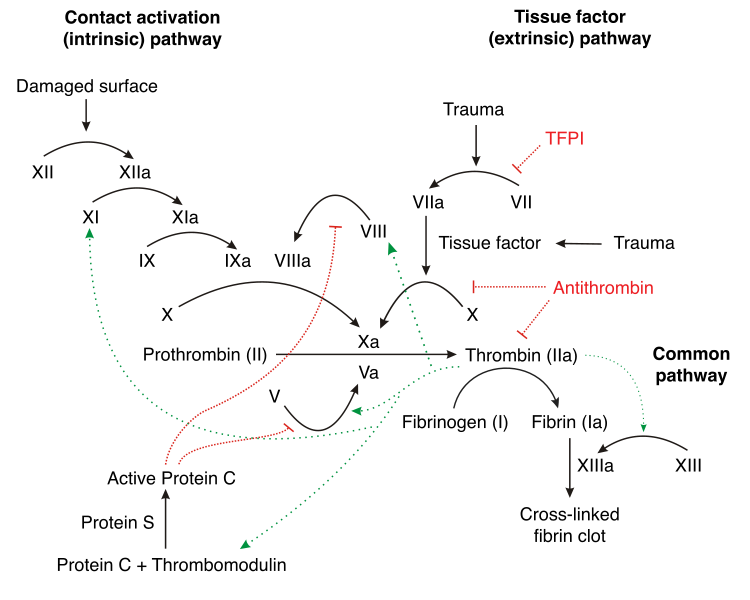verytalldave
MB Enthusiast
I would have posted this elsewhere, but feel its own thread might be perhaps best.
Due to recent, very tragic and sad events, I feel its worth reminding members of this simple yet effective method of self-help in dealing with a minor heart attack.
Unfortunately, statistically, you are likely to be on your own when suffering a heart attack. So its important to recognise the symptoms and what you can PRACTICALLY do in the period between the attack starting and being in medical hands.
The classic symptoms of a heart attack is an intense, sometimes squeezing, pressure or pain in or around the chest, often radiating to the jaw or left arm, and sometimes accompanied by profuse sweating, or a nearly overwhelming sense of fear or impending doom. Unfortunately, you can't count on having this classic pattern. Sometimes the discomfort may be relatively mild, and may be felt in the back, abdomen, shoulders, or either or both arms. Unexplained sudden shortness of breath, nausea and vomiting, or merely a feeling of heartburn, may be the only symptoms. These "atypical" symptoms may not make you think of a heart problem, and may keep you from seeking medical help. Women appear to experience "atypical" symptoms more often than men
In practice, if you think you are experiencing the beginnings of a heart attack, start to cough continuously and loudly. Don't stop. You are working your heart and "keeping it going".
It doesn't matter where you are, or what you are doing, keep up the loud, deep intense coughing until paramedics reach you.
Remember this....................
It could save your life one day.
Due to recent, very tragic and sad events, I feel its worth reminding members of this simple yet effective method of self-help in dealing with a minor heart attack.
Unfortunately, statistically, you are likely to be on your own when suffering a heart attack. So its important to recognise the symptoms and what you can PRACTICALLY do in the period between the attack starting and being in medical hands.
The classic symptoms of a heart attack is an intense, sometimes squeezing, pressure or pain in or around the chest, often radiating to the jaw or left arm, and sometimes accompanied by profuse sweating, or a nearly overwhelming sense of fear or impending doom. Unfortunately, you can't count on having this classic pattern. Sometimes the discomfort may be relatively mild, and may be felt in the back, abdomen, shoulders, or either or both arms. Unexplained sudden shortness of breath, nausea and vomiting, or merely a feeling of heartburn, may be the only symptoms. These "atypical" symptoms may not make you think of a heart problem, and may keep you from seeking medical help. Women appear to experience "atypical" symptoms more often than men
In practice, if you think you are experiencing the beginnings of a heart attack, start to cough continuously and loudly. Don't stop. You are working your heart and "keeping it going".
It doesn't matter where you are, or what you are doing, keep up the loud, deep intense coughing until paramedics reach you.
Remember this....................
It could save your life one day.





